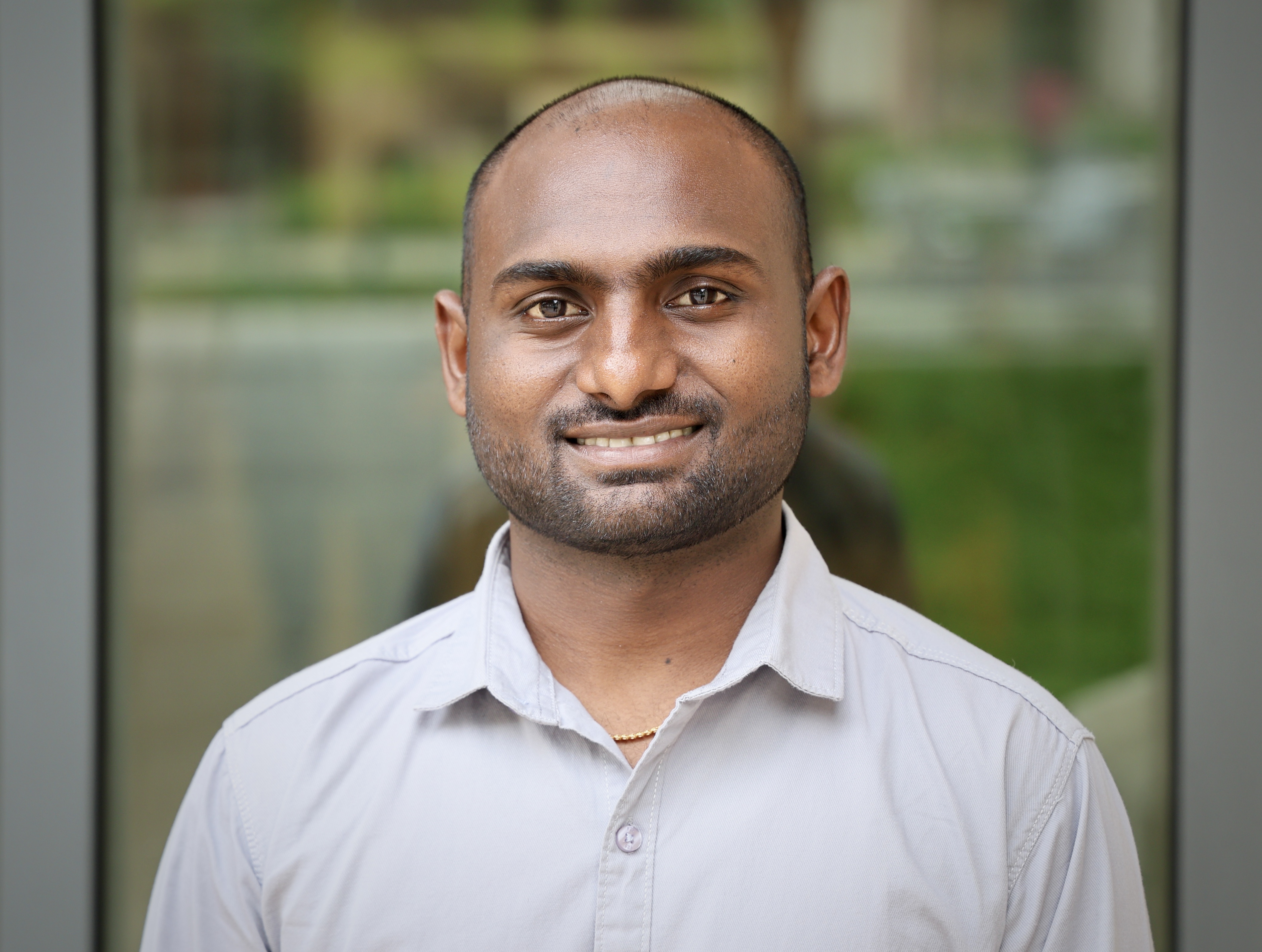
websitehttps://www.linkedin.com/in/mahesh-nandyala-362620120/
emailmahesh.nandyala@austin.utexas.edu
office POB 2.128
Postdoctoral Fellow Center for Computational Oncology
Mahesh Nandyala joined as a postdoctoral research fellow at the prestigious Oden Institute for Computational Engineering and Sciences in July 2023. Before this, he obtained PhD from the Indian Institute of Technology Delhi, India, under the mentorship of Prof. Prabal Talukdar and Prof. Neetu Singh. His dissertation, titled "Computational Investigations on the Hyperthermia Thermal Therapy of Cancer Tumors Using Magnetic Nanoparticles," focused on employing mathematical models to simulate the biophysics involved in magnetic nanoparticle hyperthermia. This included studying the intratumoral infusion of nanoparticles, their distribution during and after injection, and predicting intratumoral temperatures and treatment effects. The studies also investigated the impact of the number of injection sites, nanoparticle size, and doses on therapeutic outcomes through computational modeling.
His current research is centered on integrating medical imaging and mechanism-based mathematical models to optimize cancer treatments. Leveraging non-invasive medical imaging, patient-specific biophysical information can be gathered, which is then incorporated into mathematical models to create a subject-specific digital twin. Various MRI acquisitions, such as ultrafast DCE-MRI, DW-MRI, and T1-maps, provide quantitative data on tissue anatomy, transport, and physiological parameters. His primary focus is on utilizing reaction-diffusion equations to simulate drug delivery and distribution, ultimately predicting and optimizing treatment responses. In collaboration with the University of Texas MD Anderson Cancer Center in Houston, he is working on simulating hyperthermia thermal therapy. This computational modeling helps predict the spatio-temporal temperature elevations and thermal damage induced by nanoparticle-assisted hyperthermia, aiding in the evaluation of new treatment modalities and treatment planning.